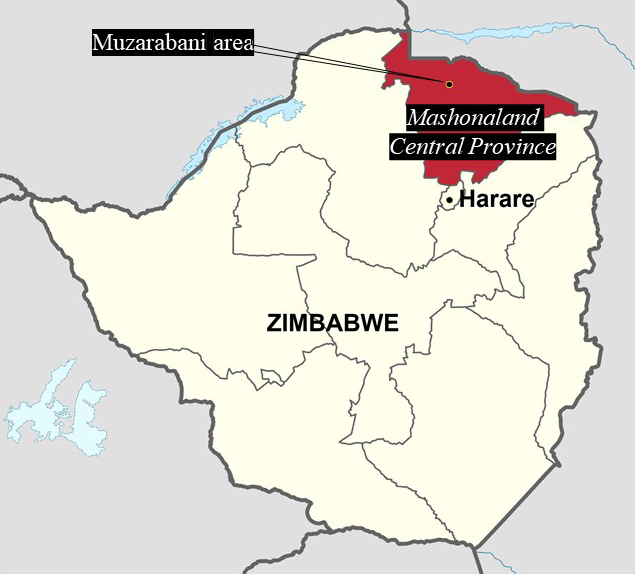We assist children and youth in rural Zimbabwe to overcome barriers to education. We encourage their learning and we create opportunities for them to thrive
Overcoming Barriers
In rural Zimbabwe, many children do not complete their education, because –
-
Parents in disadvantaged rural communities can’t afford school fees
-
Distances to school are long and children arrive at school hungry and tired
-
Many teenage girls stop attending school because –
-
they can’t afford sanitary wear and every month they miss school for a few days
-
of pregnancies and child marriages
-
- Many schools are unsafe and unattractive: run-down buildings, broken windows, crumbling roofs, unhygienic toilets and insufficient water supply.
What we do
We assist children to remain at school and those, who stopped attending, we encourage them to return to school. We also ensure that children are ready for a day’s learning at school. We do this through –
- Assisting schools to provide meals at start of the day
- Menstruation hygiene assistance for girls: sanitary hygiene kits and workshops
-
School fee subsidies for vulnerable students
-
Bicycles for transport to and from school
-
Improving school infrastructure, especially toilets and water supply to ensure schools can meet Covid-19 safe requirements.
Encourage learning
Schools are poorly equipped: textbooks are shared by too many students. With no access to electricity online learning is impossible: For 7-months in 2020 schools remained closed due to Covid-19 and students could not engage in any formal type of learning.
What we do
We work with schools towards becoming “centres for learning” and we also provide students with incentives to study, through:-
- Learning materials: textbooks, online learning equipment
- Learning infrastructure: solar systems to power laptops and WIFI
- Sport and social activities so school is more fun
- Rewards for students who complete secondary school: retention of bicycle after graduation
- Scholarships for academically gifted students.
Create opportunities to thrive
Very few formal jobs are available to school leavers in rural areas of Zimbabwe. With no other options, school leavers join their parents in working the land. And as they don’t bring new skills to the farm the cycle of poverty continues.
What we do
We work with schools to develop students’ life skills and we seed income generating ventures by: –
- Supporting training in vocational skills such as agriculture
- Supporting school community gardens, bicycle repair and sewing workshops including provision of starter kits.
Updates on our work
Where and with who we operate
We work with secondary schools in Mashonaland Central in the north of Zimbabwe, close to the Mozambican border. Our partners are:
- Muzarabani High School
- Hwata Secondary School
Some 700 students aged 13 to 18 years old attend these schools. Our initiatives were developed in close consultation with the schools and their communities.
To deliver our initiatives we partner with Zimbabwean based social enterprises, NGOs and the private sector to deliver these initiatives.
- Sanitary Aid Zimbabwe is our partner in the delivery of menstruation hygiene kits to girls at our partner schools. They also deliver the menstruation health workshops as part of their mission to eradicate period poverty in Zimbabwe.
- Buffalo Bikes is a Zimbabwean manufacturer of sturdy bikes suitable for local conditions. It is a subsidiary of World Bicycle Relief, a not-for-profit seeking to build a sustainable bicycle infrastructure in developing countries. We will partner with them to provide bikes and bike maintenance workshops to the schools and to develop vocational training opportunities for school leavers.
- Our ICT partners are Yadura Design Studio and Laser IT, which support NoBarriers’ work by donating their skills and services.


No Barriers Education Foundation, ABN 12 585 031 991, 4 Loma Linda Grove, Wattle Park SA 5066, Australia
